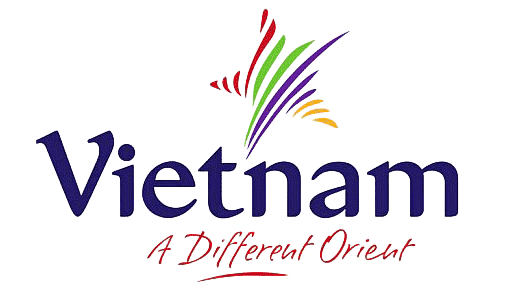Tró Chơi, often translated as "plaything" or "toy," is a term that has evolved over time in Vietnamese culture. It refers to a variety of games and activities that have been enjoyed by people of all ages for centuries. While its exact origins are debated, Tró Chơi is believed to have roots in traditional Vietnamese folk games, which often involve teamwork, strategy, and a touch of luck.
One of the most iconic forms of Tró Chơi is the game of checkers, or "cờ vua" in Vietnamese. This game has been a staple of Vietnamese culture for generations, often played on elaborate boards with intricate patterns. Players take turns moving their pieces toward their opponent's base, and the goal is to capture as many pieces as possible while defending one's own territory. The strategic nature of cờ vua has made it a favorite among both casual players and serious competitors.
In addition to board games, Tró Chơi also encompasses outdoor activities like badminton, volleyball, and even traditional Vietnamese wrestling, known as "cầu vòng." These sports are often played in public parks or during festivals, bringing people together to enjoy physical challenges and friendly competition. The social aspect of Tró Chơi is what makes it so appealing, as it fosters a sense of community and camaraderie among participants.
Modern iterations of Tró Chơi have also embraced new technologies, with mobile games and online platforms offering fresh twists on classic favorites. Apps like "Tró Chơi Online" allow players to compete against each other in real-time, while virtual reality (VR) games are bringing the experience to life with immersive environments. This blend of tradition and innovation ensures that Tró Chơi remains relevant in a rapidly changing world.
Whether you're a seasoned player or new to the world of Tró Chơi, there's always something new to discover. From its rich history to its dynamic present, this versatile pastime continues to captivate audiences worldwide.
Nguồn bài viết : GIẢI Đá gà Tre MỚI nhất


.jpg)

